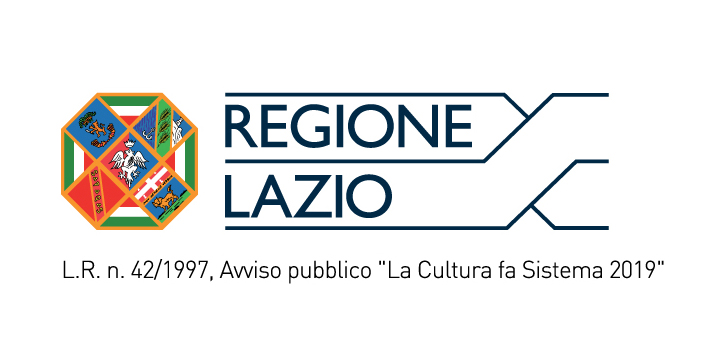In the world of contract law, it is essential to understand the concept of mutual mistake. A mutual mistake occurs when both parties entering into a contract are mistaken about a material fact at the time of contracting. This type of mistake can have significant implications for contract enforcement and the rights and obligations of the parties involved.
One area where enforcing contracts becomes particularly relevant is the commercial guaranty agreement. A commercial guaranty agreement is a contract where a third party, called the guarantor, agrees to be responsible for the debt or obligations of another party, called the debtor. In the event that the debtor fails to fulfill their obligations, the guarantor steps in to fulfill those obligations on their behalf.
For example, let’s say a tenant signs a lease agreement to rent a commercial space. The lease agreement has specific terms and conditions that both the tenant and the landlord must adhere to during the lease period. However, if the tenant fails to make the rental payments, the landlord can seek payment from the guarantor, as outlined in the commercial guaranty agreement. This agreement provides an additional layer of protection for the landlord in case of default.
While commercial guaranty agreements are generally enforceable, there are instances where mutual mistake can come into play. If both parties were mistaken about a material fact at the time of entering into the agreement, it could invalidate the contract. For example, if the guarantor mistakenly believed that the debtor had a steady source of income when, in fact, they were unemployed, this mutual mistake could impact the enforceability of the commercial guaranty agreement.
Another scenario where mutual mistake can arise is in arms supply agreements, as seen in the popular mobile game Last Shelter. In the game, players can form alliances and engage in strategic warfare. Arms supply agreements are contracts that allow players to share resources and support each other in battle. However, if players mistakenly sign an arms supply agreement with a rival alliance, it can have dire consequences for their gameplay and strategy.
Mutual mistake can also affect learning agreements, such as the WIL Learning Agreement designed to facilitate work-integrated learning experiences for students. If both the educational institution and the employer mistakenly agree to terms that are not viable or practical, it can lead to dissatisfaction and hinder the learning process for students.
In recent news, the refusal of part of the UK to block an agreement between the European Union and Japan has sparked controversy. The refusal has raised concerns about the impact of the agreement’s rules of origin on various industries and trade relationships. The disagreement highlights how differing perspectives and interests can affect the decision-making process in international agreements.
Furthermore, the failure of a landlord to sign a tenancy agreement can create uncertainty for tenants. The situation where the landlord hasn’t signed the tenancy agreement can lead to disputes over rights, responsibilities, and lease terms. Tenants may face challenges in asserting their legal protections without a signed agreement.
Protecting personal information is a priority in today’s digital age. Hence, obtaining personal information consent agreements is crucial for businesses to ensure compliance with data protection regulations. These agreements outline the purpose and scope of personal data collection, use, and storage, providing individuals with transparency and control over their information.
Finally, when it comes to international banking, accurate communication is essential. In the context of international transactions, bank agreement traduction refers to the translation of banking agreements and documents to ensure clarity and accuracy. Proper traduction ensures that all parties involved understand the terms and conditions of the agreement, minimizing misinterpretation and potential disputes.
Considering the diverse applications and implications of these various agreements, understanding the concept of mutual mistake in contract law becomes crucial. Whether it’s a commercial guaranty agreement, a lease agreement, an arms supply agreement, or any other type of contract, ensuring clarity, accuracy, and mutual understanding is key to avoiding disputes and protecting the rights and obligations of all parties involved.


